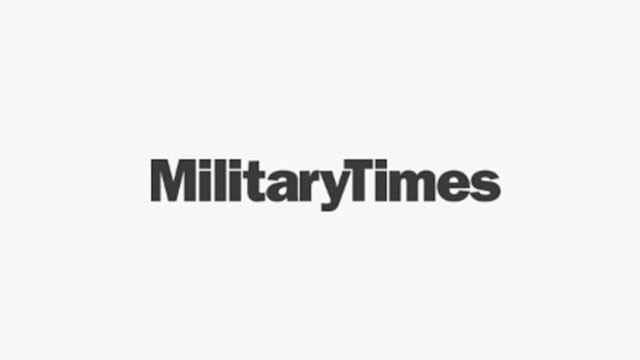The Defense Department has hired Rand Corp. to analyze its autism therapy benefit to determine whether the level of coverage is appropriate and how well it stacks up against private insurers.
Tricare announced plans in July to consolidate various programs for Applied Behavior Analysis, or ABA, therapy coverage for beneficiaries with an autism diagnosis.
The Autism Care Demonstration Project was designed to solve problems with disparities in coverage for thousands of active-duty and retiree families.
But the program made several adjustments, including slashing reimbursement rates to top-level providers to $68 per hour, from $125, and defining who qualifies to provide certain services.
The changes sparked confusion among advocates, beneficiaries and therapists. The announced rate cuts also raised alarms after some therapists said they would drop Tricare patients if the cuts went into effect.
The backlash prompted Pentagon officials to delay the rate reduction while Rand and DoD's own actuaries study the program.
Defense Health Agency officials said the program is one of the most "generous in the field" and noted that most major insurers do not cover ABA therapy or offer it only in limited scope.
According to the insurers, ABA therapy, which offers one-on-one instruction to autism patients that focuses on promoting appropriate behavior, social skills, communication and emotional expression, is educational, experimental and not medically necessary.
But 37 states have laws mandating insurers provide at least some coverage for autism therapy.
Tricare covers it for family members of active-duty troops and retirees with a top-tier therapist at no or reduced cost: $0 for active-duty family members in Tricare Prime and $12 per visit for Prime retiree family members, or a percent cost-share per visit — fees that count toward the annual Tricare catastrophic cap of $1,000 for active-duty troops and $3,000 for retirees.
"We have by far the most robust, generous benefit with respect to autism coverage than anyone," Army Maj. Gen. Richard Thomas, DHA's director of health care operations, said Oct. 30.
But the concern over the pending changes has prompted DHA to take a step back and review the program, Thomas said, out of concern for patients and taxpayers, who are footing the bill, which can run $30,000 to $60,000 a year.
According to Pentagon officials, Tricare beneficiaries account for 2 percent of the autism spectrum population but are utilizing about 21 percent of behavioral specialists. Given current reimbursement rates, Tricare officials want to ensure they're not overpaying.
"Tricare is a huge share of this market, and we want to get it right," Thomas said.
In 2012, the Office of Personnel Management issued guidance declaring ABA a medical therapy and said insurers who provide health care plans for government workers could offer it under their plans.
But companies have been slow to allow the pricey benefit.
An Army National Guard officer who is in the Federal Employee Health Benefits plan told Military Times that the only way he can get ABA therapy for his child is to remain mobilized because under FEHB, none of the plans in his area covers it.
"I'm ineligible for Tricare Reserve Select because I have FEHB. I think this issue has been overlooked and should be addressed by congress," the officer said.
Nearly 8,000 active-duty and 653 retiree family members receive ABA therapy under Tricare. Some 17,618 active-duty and 9,427 retiree family members have an autism spectrum disorder diagnosis, according to Pentagon officials.

Patricia Kime is a senior writer covering military and veterans health care, medicine and personnel issues.




